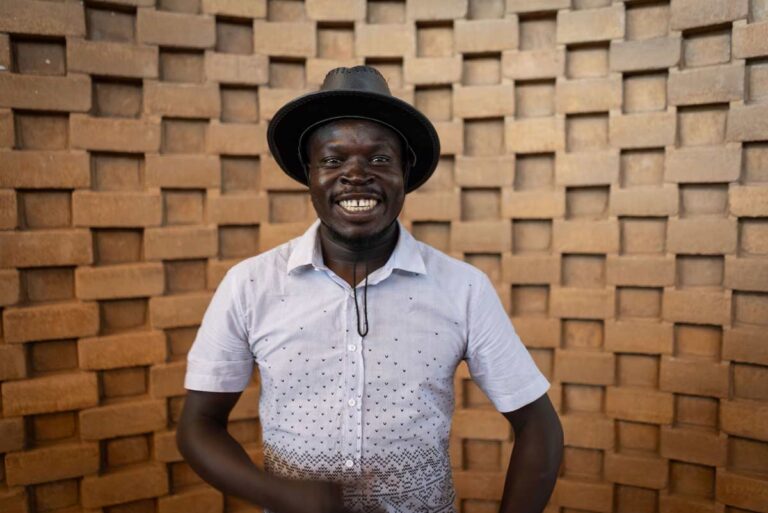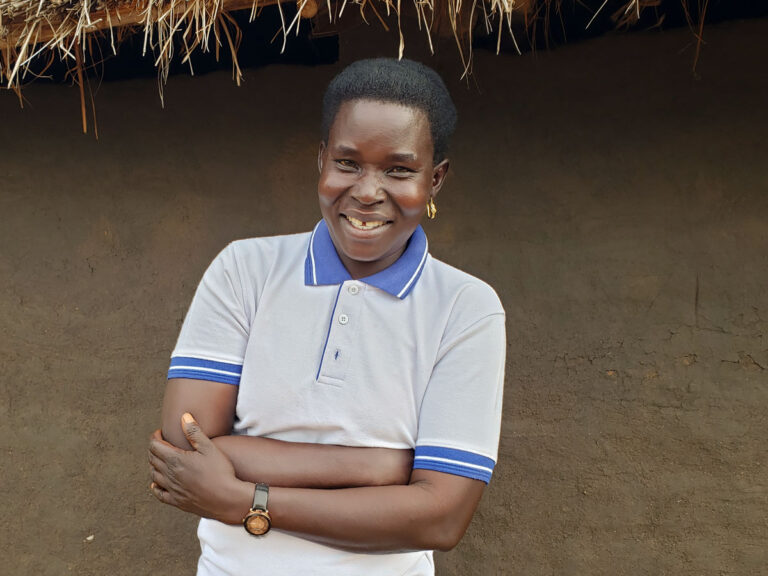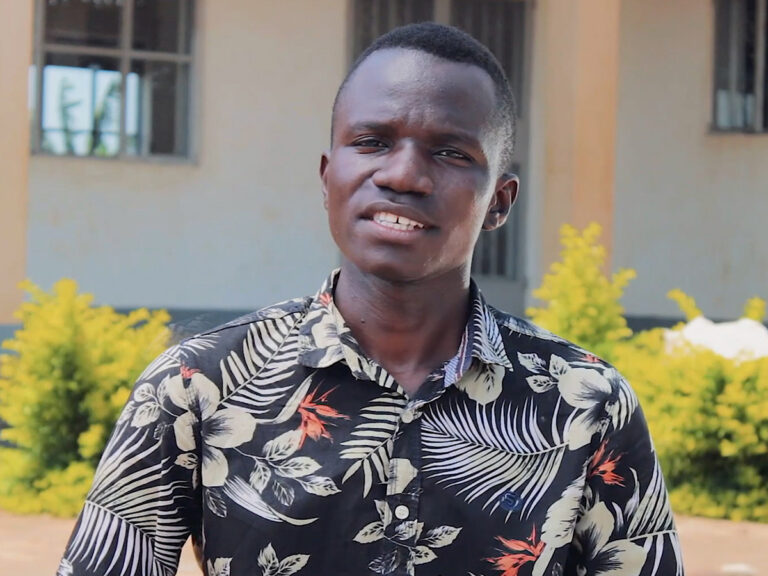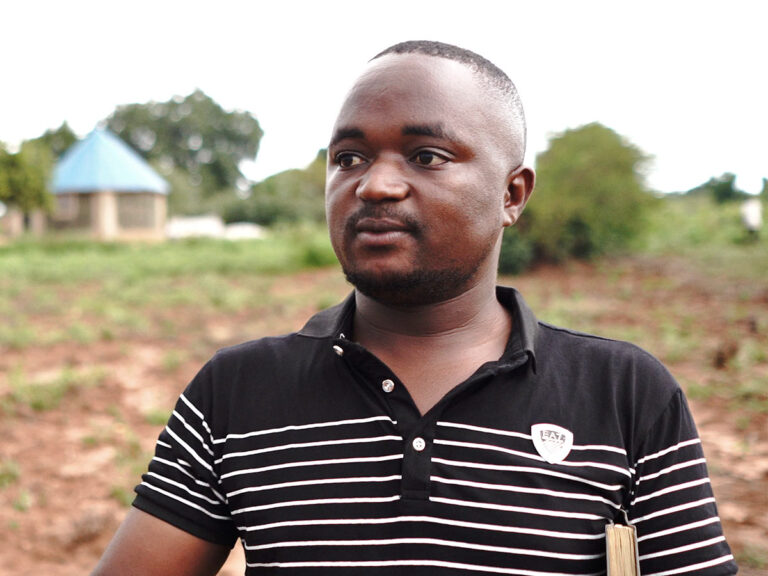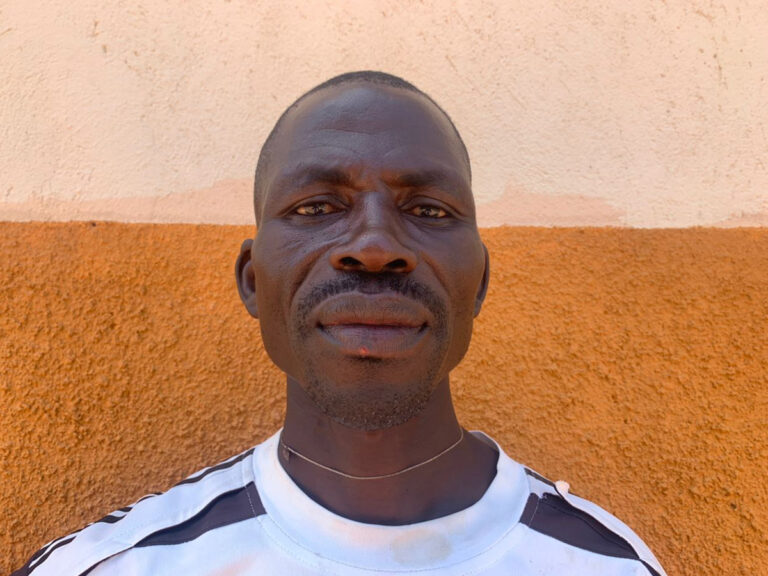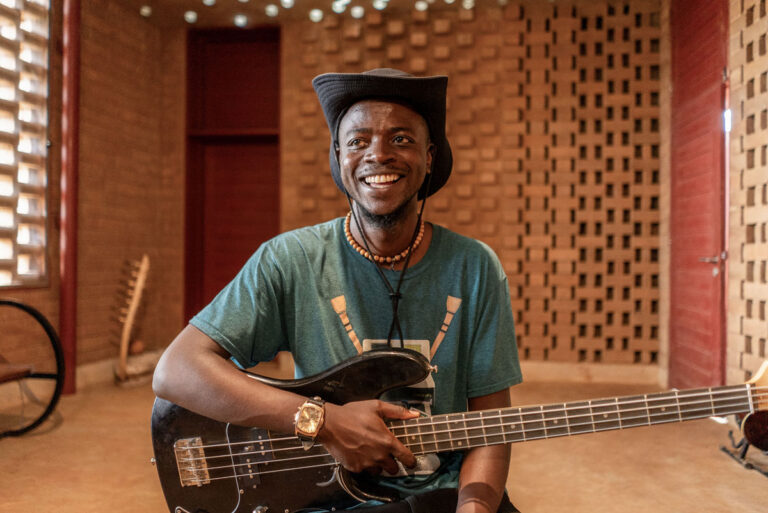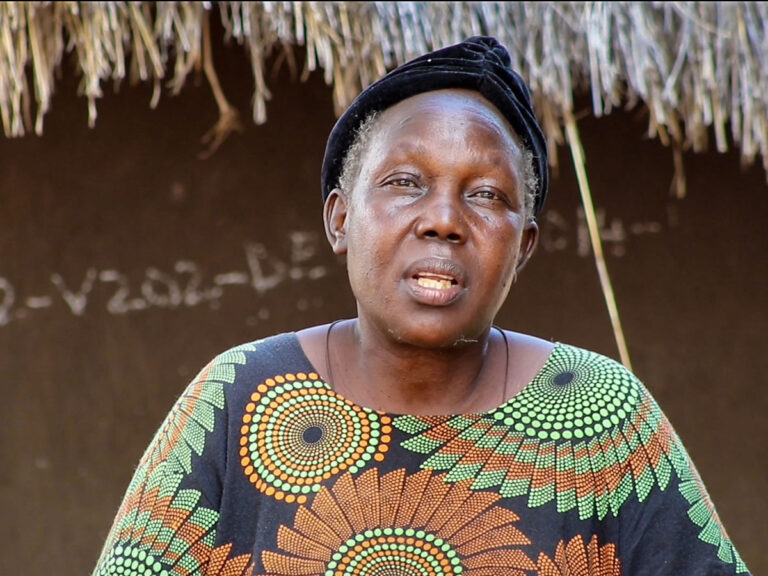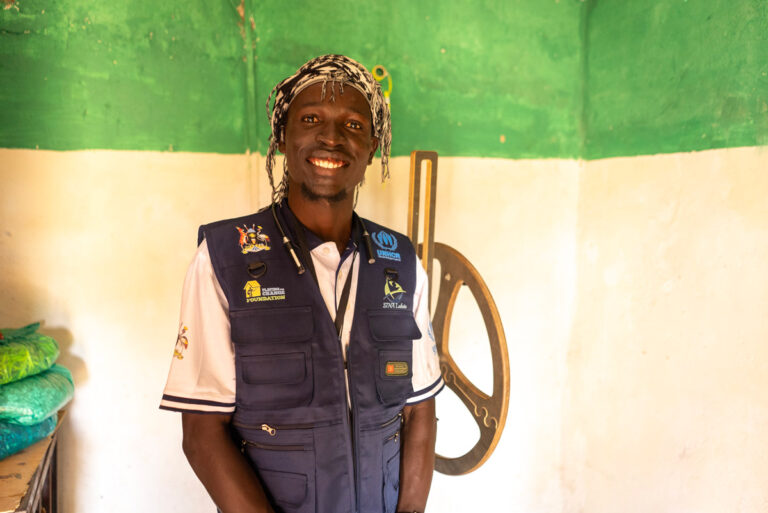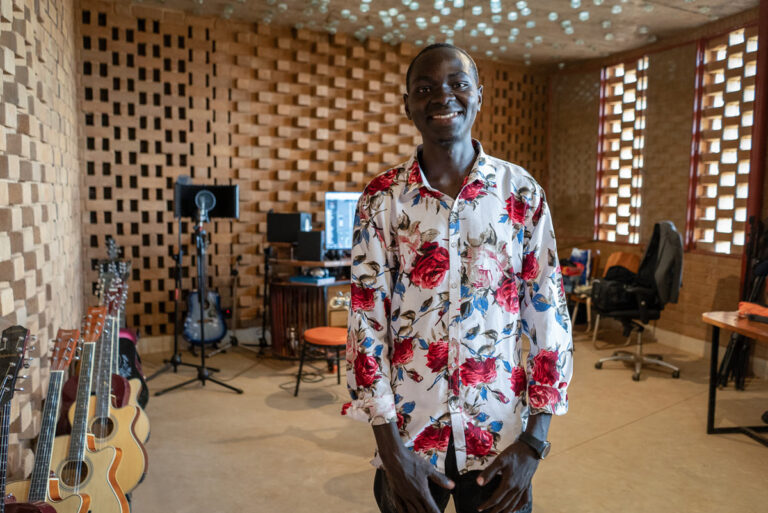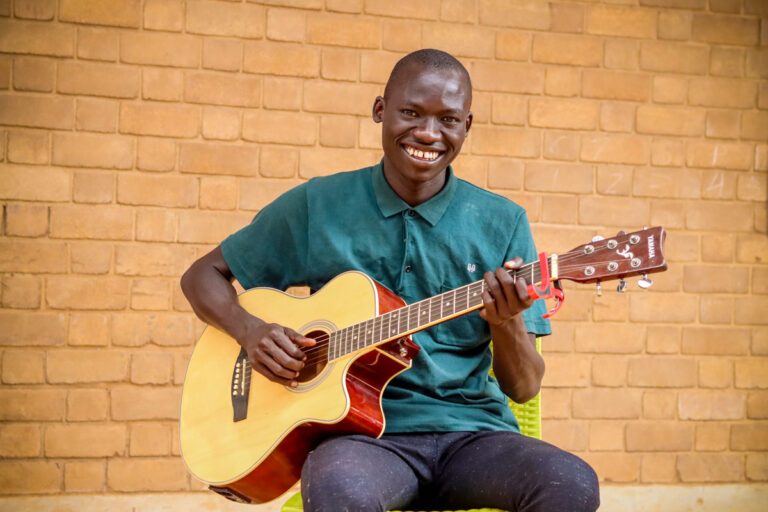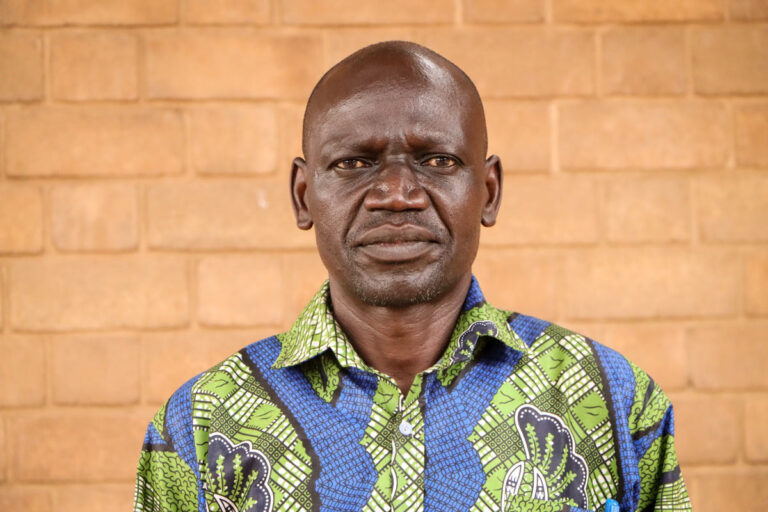Salam Music Program
Bidibidi refugee settlement, Uganda
200 students
12 staff
Since 2020
The Salam Music Program is located in the Bidi Bidi refugee settlement, in Northern Uganda, which is the largest refugee camp in Africa. Playing For Change Foundation has partnered with local NGO Sina Loketa to bring access to music and arts education to the youth of the settlement. We initiated musical activities in 2021 and the music program now welcomes over 200 students on a weekly basis across multiple locations.
Sina Loketa is a refugee led Ugandan NGO dedicated through strengthening capacities of young people from the refugee and host communities to become self-reliant and develop social enterprises.
Through this partnership PFCF and Sina Loketa have been implementing a unique music program providing youth with free music classes in modern and traditional instruments as well as dance, and have been working on other areas such as sustainable agro farming, PSEA training workshops and community events. The program operates across several locations and schools in the settlement, including at the BidiBidi Arts center, built by To.org.
VIDEO OVERVIEW: TAKE A VISIT AT THE PROGRAM
Life in the community
The Bidi Bidi Refugee settlement, in Northern Uganda, is the largest refugee camp in Africa and was the largest refugee camp in the world until the Rohingya crisis in 2018. Bidi Bidi has quickly become the newest city in the world, now hosting almost 300,000 inhabitants after being created only in 2016. The vast majority of refugees are South Sudanese who have fled the ongoing civil conflict. Others come from the Democratic Republic of the Congo, Sudan, and Somalia. Most of the population in Bidi Bidi are children under the age of 18, with limited or no access to education, cultural activities, job opportunities, or the internet.
Traditional music
120 musicians engaged regularly
Recording studio
Environemental projects
FEATURED STORIES
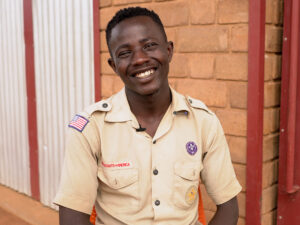
 “Now I Am Somebody”: a student reflects on his inspiring journey
“Now I Am Somebody”: a student reflects on his inspiring journey
A powerful testimony from Abraham, music student at the Salam Music Program in northern Uganda. South Sudanese refugee now in Uganda, Abraham shares his inspiring journey of resilience and transformation. Fleeing from war and captivity, he found refuge in Bidibidi
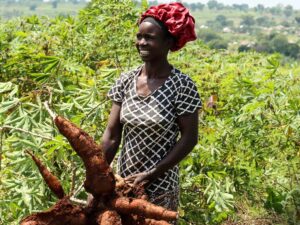
Solutions to an Urgent Food Crisis in Bidibidi Refugee Camp
There is a food crisis in the Bidibidi Refugee Settlement where our program the Salam Arts Program is located. Monthly food rations distributed by multiple intergovernmental bodies have been reduced and now a large segment of the South Sudanese population
VIDEOS
watch this program in action
Discover the full scope of our work

